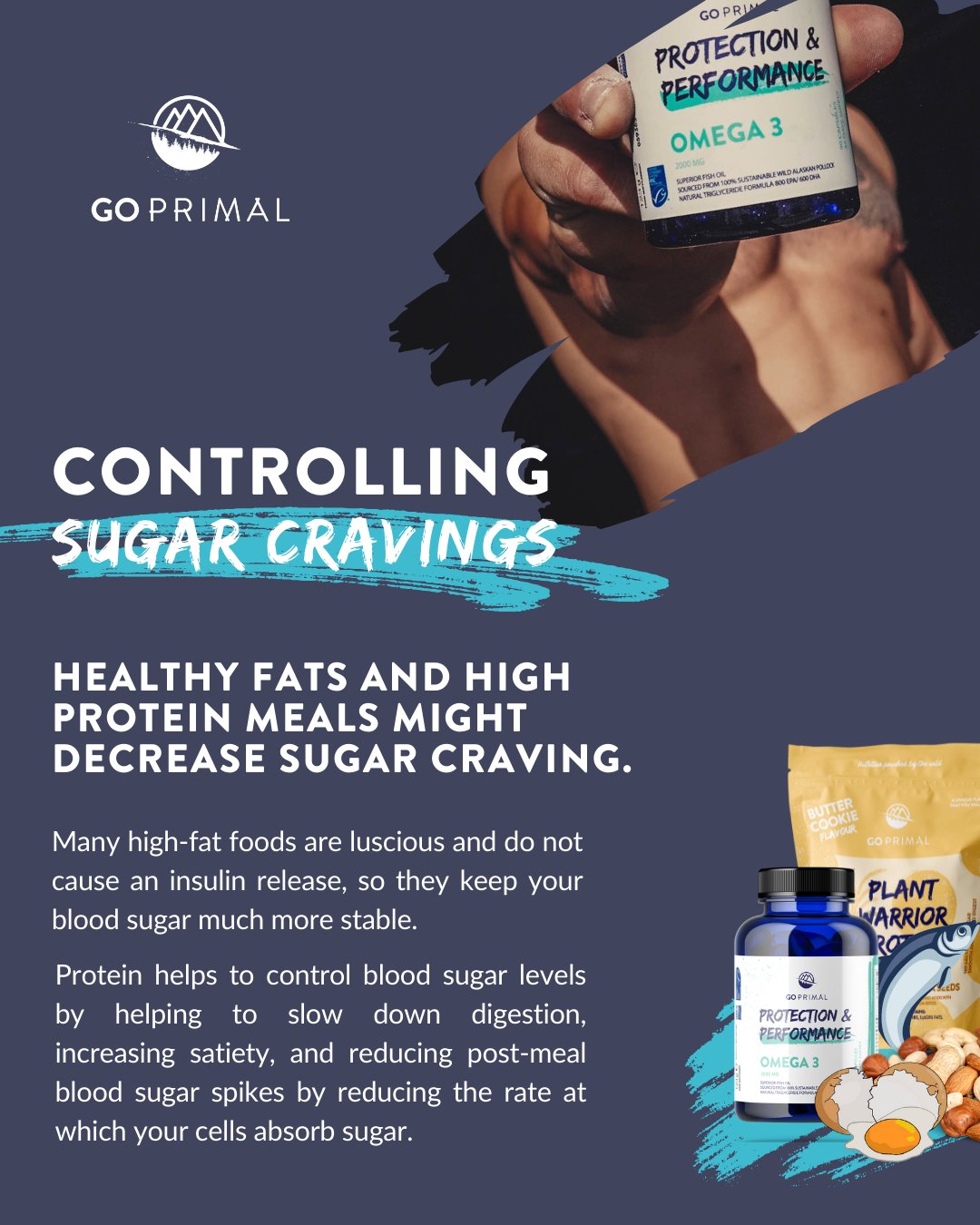
How to control Sugar Cravings
Hormone balance, diet and Sugar Cravings
Hormones play a crucial role in regulating our appetite and cravings for certain types of food, including sugar. Leptin and ghrelin, two hormones that regulate hunger, have been found to have a significant impact on our cravings for sugary foods.
Leptin is a hormone that is produced by fat cells and sends signals to the brain that we are full. Ghrelin, on the other hand, is a hormone produced by the stomach that signals to the brain that we are hungry. When our body has too much sugar, it can cause a decrease in leptin, leading to an increase in sugar cravings.
Several clinical trials have investigated the relationship between hormones and sugar cravings. One study published in the Journal of Clinical Endocrinology and Metabolism found that individuals with higher levels of ghrelin had a stronger desire for sweet foods. Another study published in the International Journal of Obesity found that a high-fat diet can lead to a decrease in leptin and an increase in ghrelin, leading to increased cravings for sugar.
Other research suggests that imbalances in other hormones such as insulin, cortisol and estrogen also contribute to sugar cravings. A study published in the journal Diabetes Care found that individuals with diabetes had higher levels of cravings for sweet foods, which may be related to imbalances in insulin levels.
It is important to note that sugar cravings can also be influenced by non-hormonal factors such as stress, lack of sleep, and certain medications. However, understanding the role of hormones in regulating sugar cravings can help us make better food choices and keep those cravings in check.
In conclusion, hormones play a significant role in regulating our cravings for sugary foods. Leptin and ghrelin are two hormones that have been found to have a significant impact on our cravings for sugary foods. Imbalances in other hormones such as insulin, cortisol and estrogen also contribute to sugar cravings. By understanding the role of hormones in regulating sugar cravings, we can make better food choices and keep those cravings in check.
Omega 3 and High Protein Diet: How can they control sugar cravings and support hormone balance.
Omega 3 fatty acids and a diet high in protein have been shown to be beneficial in controlling sugar cravings.
Omega 3 fatty acids, found in foods such as fish, nuts, and seeds, have been found to regulate the hormones that control appetite, such as leptin and ghrelin. A diet rich in omega 3s can decrease inflammation in the body and improve insulin sensitivity, which can lead to decreased sugar cravings. Studies have shown that individuals who consume a diet high in omega 3s have lower levels of cravings for sugary foods.
Protein is also known to be an effective appetite suppressant. It helps increase feelings of fullness and satiety, which can reduce cravings for sugary foods. A diet that is high in protein and low in carbohydrates has been found to be particularly effective in controlling sugar cravings. This is because protein takes longer to digest than carbohydrates, which helps keep blood sugar levels stable and reduces the need for a sugar fix.
Additionally, consuming a balanced diet with enough micronutrients and macro-nutrients can make you feel satisfied and reduce cravings for unhealthy foods.
It's important to note that omega 3s and protein should be consumed as part of a well-balanced diet, and that excessive consumption of protein or omega 3s can have negative effects on health. It's also important to consult with a healthcare professional before making any changes to your diet or supplement regimen.
In conclusion, omega 3 fatty acids and a diet high in protein can be beneficial in controlling sugar cravings. Omega 3s can regulate hormones that control appetite and improve insulin sensitivity, while protein can increase feelings of fullness and satiety. Incorporating these nutrients into a well-balanced diet can help control cravings for sugary foods.
References:
- "Leptin and ghrelin in the regulation of food intake and body weight in humans: the challenge of diet-induced resistance."
- "International Journal of Obesity"
- "Diabetes Care"


